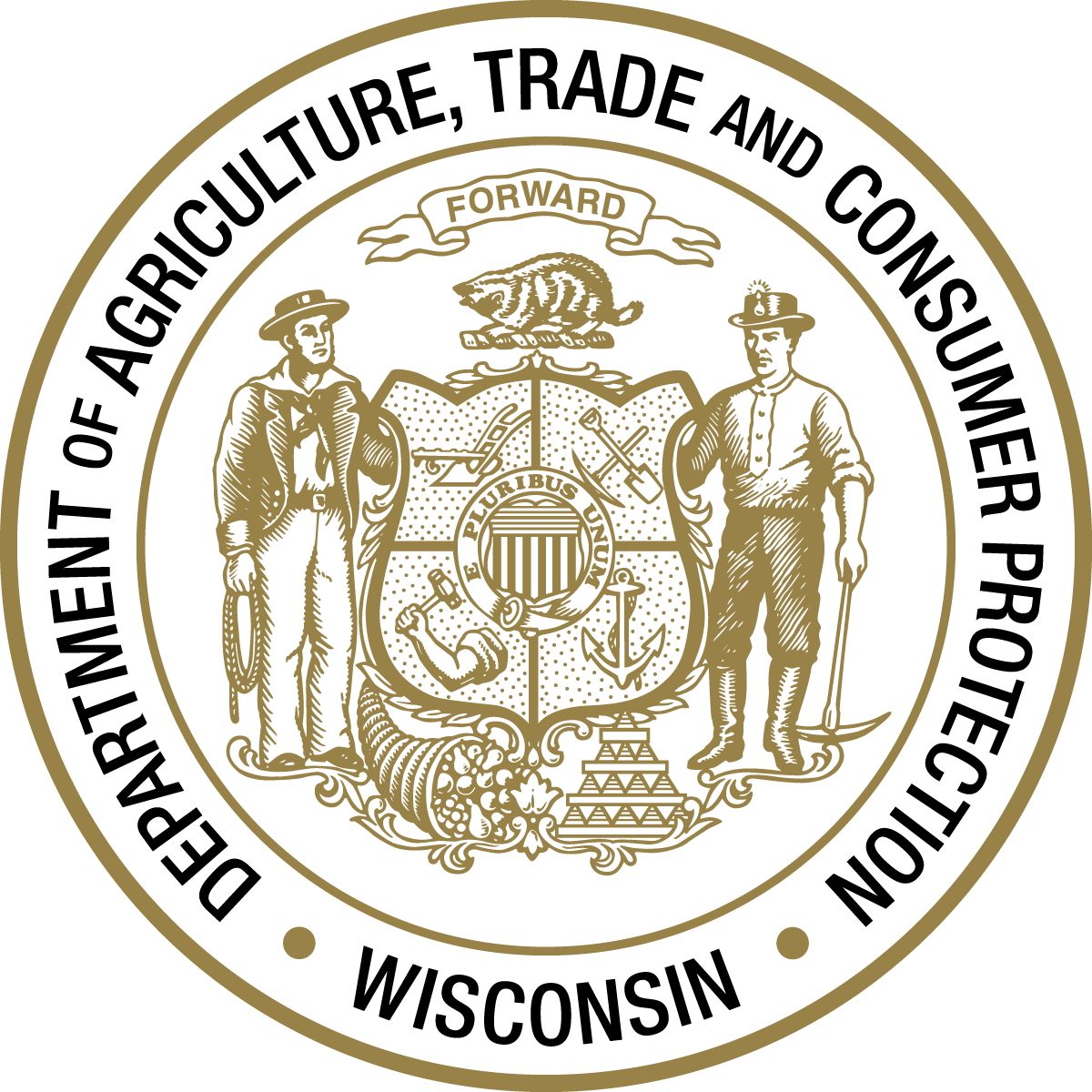DATCP Awards $1 Million in Producer-Led Watershed Protection Grants to 47 Groups
MADISON, Wis. – The Wisconsin Department of Agriculture, Trade and Consumer Protection (DATCP) has awarded $1 million in producer-led watershed protection grants (PLWPG) to 47 farmer-led groups for 2023. Grants support producer-led conservation solutions by encouraging innovation and farmer participation in on-the-ground efforts to improve Wisconsin’s soil health and water quality.
This is the ninth round of grant awards since funding was first made available in the 2015-17 biennial budget. Annual interest in DATCP’s PLWPG program continues to exceed the program budget. This funding cycle received the highest amount of requests in the history of the program, with 47 groups applying for a total funding request of almost $1.6 million. This year’s grant cycle funding will support four new groups while helping veteran groups continue to advance their work.
“The Horse Creek Farmer-Led Watershed was one of the first two farmer-led watershed efforts funded by DATCP. Over the course of the almost 10 years since we started, it has been very rewarding watching the acceptance of conservation practices by farmers grow in the watershed,” said Timm Johnson, member of the Horse Creek Farmer-Led Watershed Council. “The model is that farmers learn best from other farmers by watching, talking with, and adopting the best management practices.”
A map of recipients can be found on DATCP’s website. The recipients and award amounts include:
- Bad-Axe Farmer-Led Watershed Council – $29,600
- Biological Farming Friends – $12,314
- Buffalo Trempealeau Farmer Network – $29,600
- Calumet County Ag Stewardship Alliance – $17,100
- Cedar Creek Farmers – $3,700
- Central Wisconsin Farmers’ Collaborative – $18,591
- Chippewa Valley Producer Led Watershed – $22,800
- Coon Creek Community Watershed Council – $22,800
- Dodge County Farmers for Healthy Soil & Healthy Water – $26,400
- Dry Run Farmer-Led Watershed Council – $14,406
- Eau Pleine Partnership for Integrated Conservation – $29,600
- Farmers for Lake Country – $23,100
- Farmers for the Upper Sugar River – $26,400
- Farmers for Tomorrow River Watershed Council – $29,600
- Farmers of Mill Creek Watershed Council – $26,400
- Farmers of the Barron County Watersheds – $18,525
- Farmers of the Lemonweir Valley – $22,800
- Farmers of the Roche-A-Cri – $10,360
- Farmers of the Sugar River – $26,142
- Farmers on the Rock – $35,200
- Farmers4Health – $18,591
- Flambeau Valley Watershed Group – $11,022
- Fond du Lac County Watersheds Alliance* – $29,600
- Green County Clean Waters – $19,388
- Hay River Farmer-Led Watershed Council – $9,291
- Horse Creek Area Farmer Led Watershed Council – $13,941
- Iowa County Uplands Watershed Group – $18,516
- Jefferson County Soil Builders – $29,600
- Kenosha County Regenerative Producers – $28,651
- Lafayette Ag Stewardship Alliance – $29,600
- Lake Wisconsin Farmer Watershed Council – $24,420
- Milwaukee River Watershed Clean Farm Families – $29,600
- Muddy Bottom Farmers* – $5,000
- Peninsula Pride Farms – $29,600
- Producers of Lake Redstone – $18,591
- Red Cedar Conservation Farmers – $22,800
- Rock River Regenerative Graziers – $26,400
- Rush Creek Watershed Conservation Council* – $22,800
- Sauk Soil & Water Improvement Group – $22,000
- Seven Rivers Soil Cooperative* – $7,000
- Sheboygan River Progressive Farmers – $17,100
- Shell Lake, Yellow River Watershed Council – $15,860
- South Kinni Farmer Led Watershed Council – $11,400
- Tainter Creek Farmer-Led Watershed Council – $22,800
- Watershed Protection Committee of Racine County – $29,600
- Western Wisconsin Conservation Council – $22,800
- Yahara Pride Farms, Inc. – $18,591
Note: New groups marked with an asterisk*.
About the Producer-Led Watershed Protection Grants Including the recent round of funding, DATCP has awarded more than $6.2 million to 49 different groups across the state since the program started in 2015. Grant projects have focused on providing conservation education to farmers, conducting on-farm demonstrations and research, issuing incentive payments for implementing conservation practices, organizing field days, and gathering data on soil health and water quality.
Producer-led groups must work with a county land conservation department, University of Wisconsin-Division of Extension, non-profit conservation organization, or the Wisconsin Department of Natural Resources. Funds cannot pay for real estate, loans, equipment, or lobbying, and the program places caps on the amount of funding that can be used for staff support to the groups. Each group must start with at least five farmers in the watershed.
For additional details on the impacts of Wisconsin’s producer-led groups, visit DATCP’s website.
NOTE: This press release was submitted to Urban Milwaukee and was not written by an Urban Milwaukee writer. While it is believed to be reliable, Urban Milwaukee does not guarantee its accuracy or completeness.






















